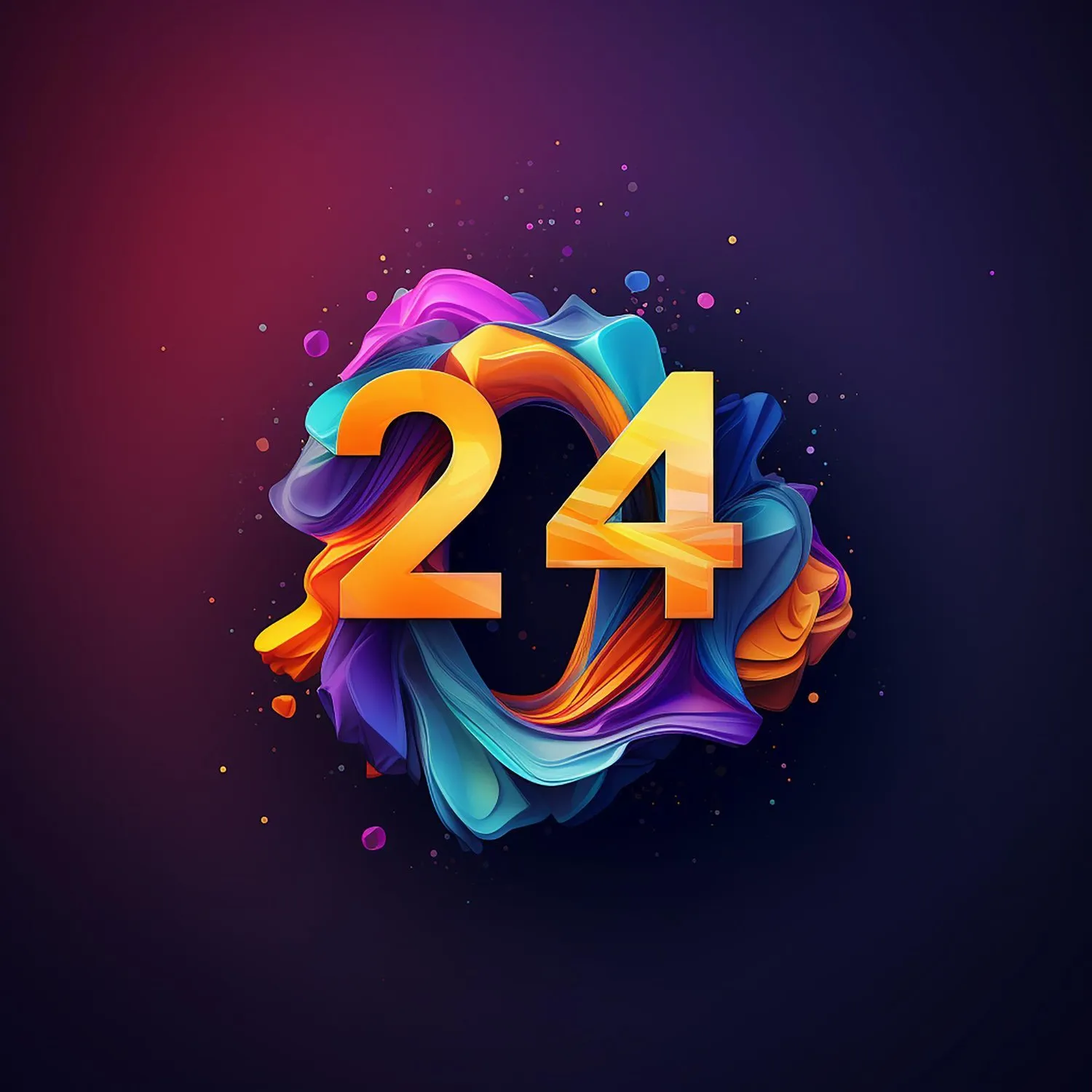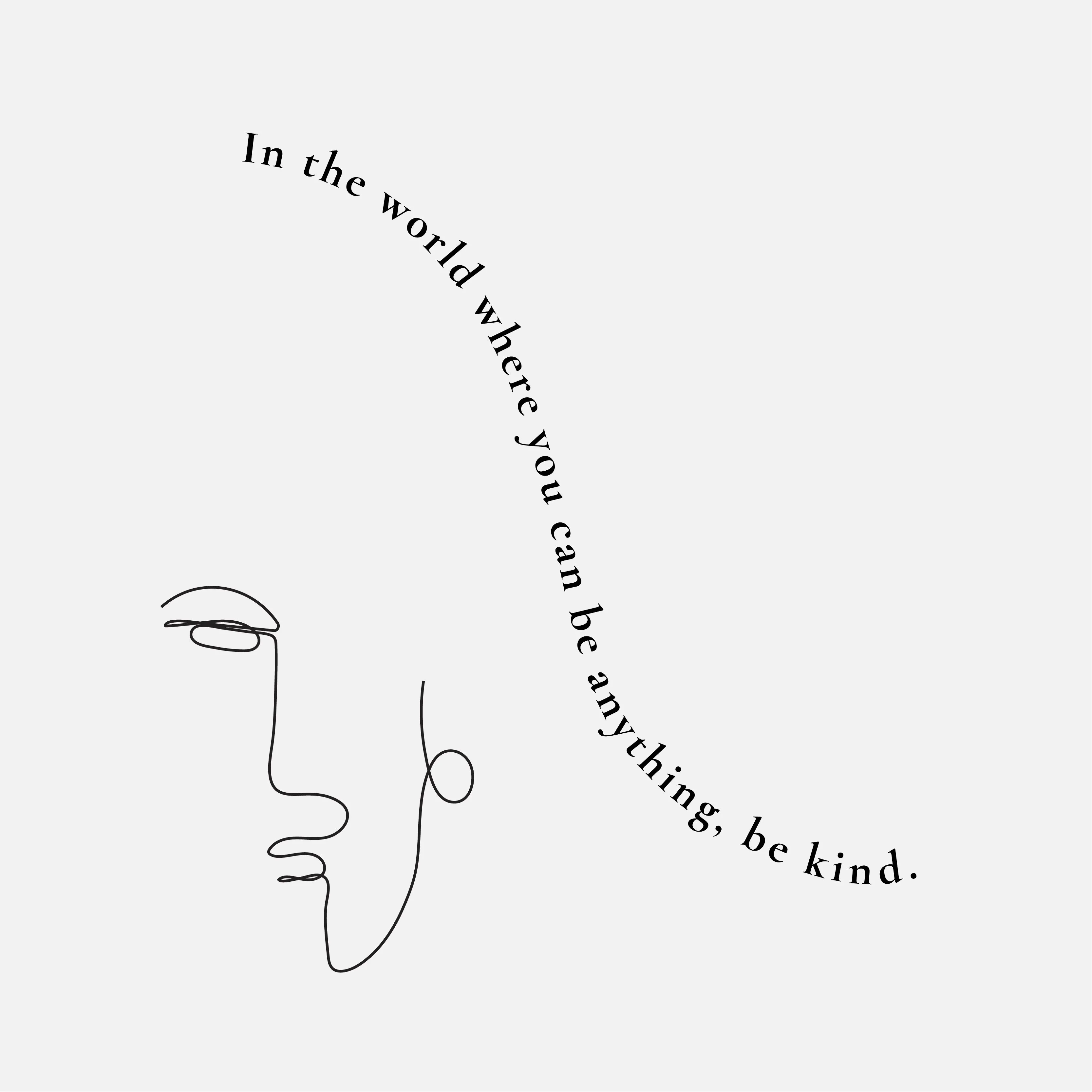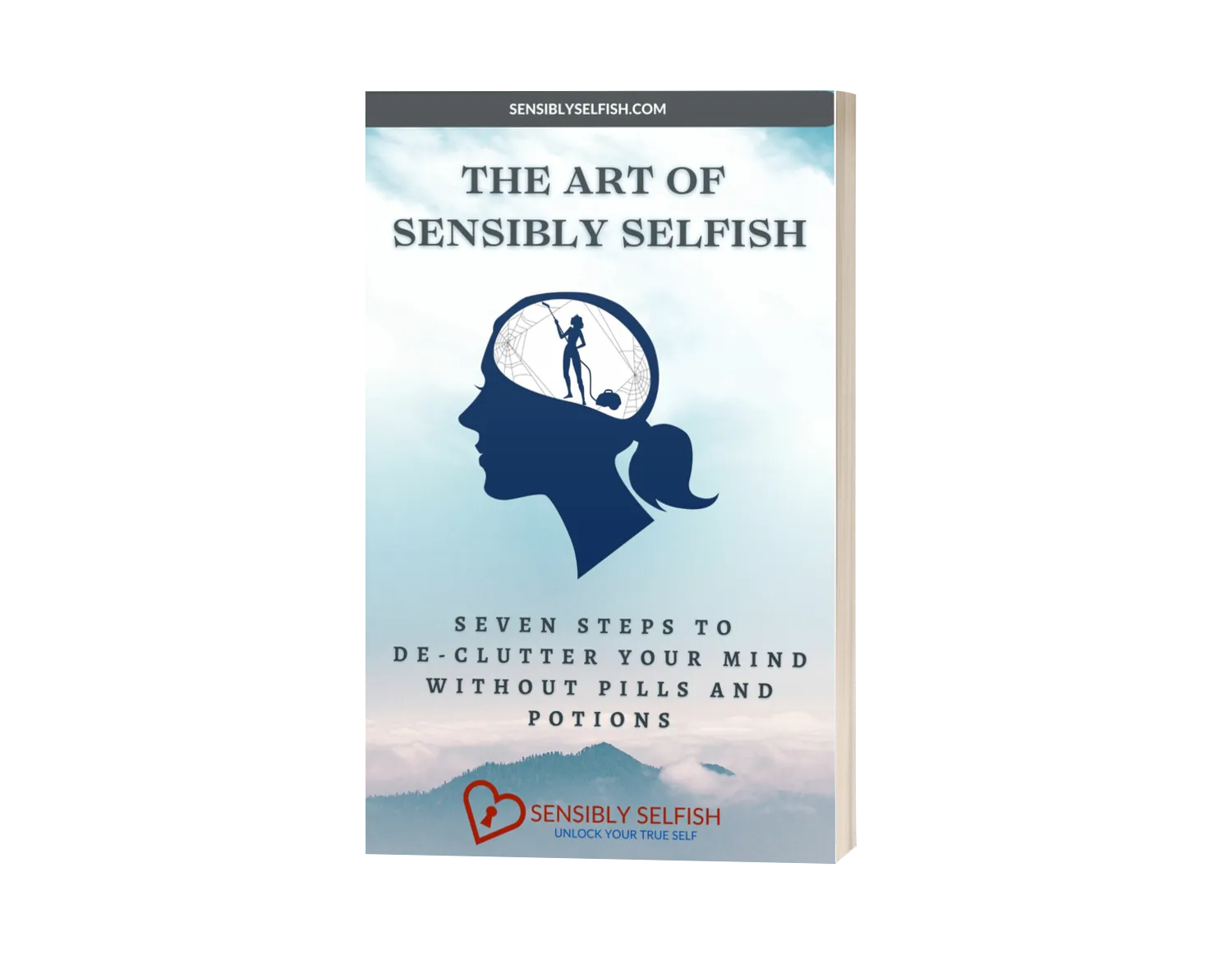The Power of Questioning
Your Modern Superpower

[Toc]
In an era inundated with information, the ability to question is a superpower. It's the compass that guides us through the dense forest of data, helping us discern truth from fiction. Questioning invites us to think critically, to probe deeper, and to seek a more profound understanding.
Consider the pioneers of science and philosophy who challenged prevailing beliefs. Galileo dared to question the geocentric model of the universe, paving the way for a heliocentric understanding. Marie Curie's relentless inquiry into radioactivity revolutionized our understanding of the atomic world.
Questioning is not an act of defiance, but rather a pursuit of clarity. It's a pathway to enlightenment, allowing us to uncover hidden gems of insight amidst the noise. It's the spark that ignites discovery and drives progress.
In our personal lives, questioning empowers us to make informed decisions. It prompts us to evaluate our beliefs, scrutinizes our choices, and chart a course aligned with our authentic selves. It's the beacon that guides us through life's complexities, illuminating the way forward.
Moreover, questioning invites collaboration and collective growth. It fosters a culture of shared inquiry, where diverse perspectives converge to construct a more comprehensive understanding. In this spirit of inquiry, we transcend individual limitations, collectively reaching new heights of knowledge.
So, embrace the power of questioning. Let it be your guiding light in this vast landscape of information. Allow it to propel you forward, challenge the status quo, and uncover the hidden truths that shape our world.
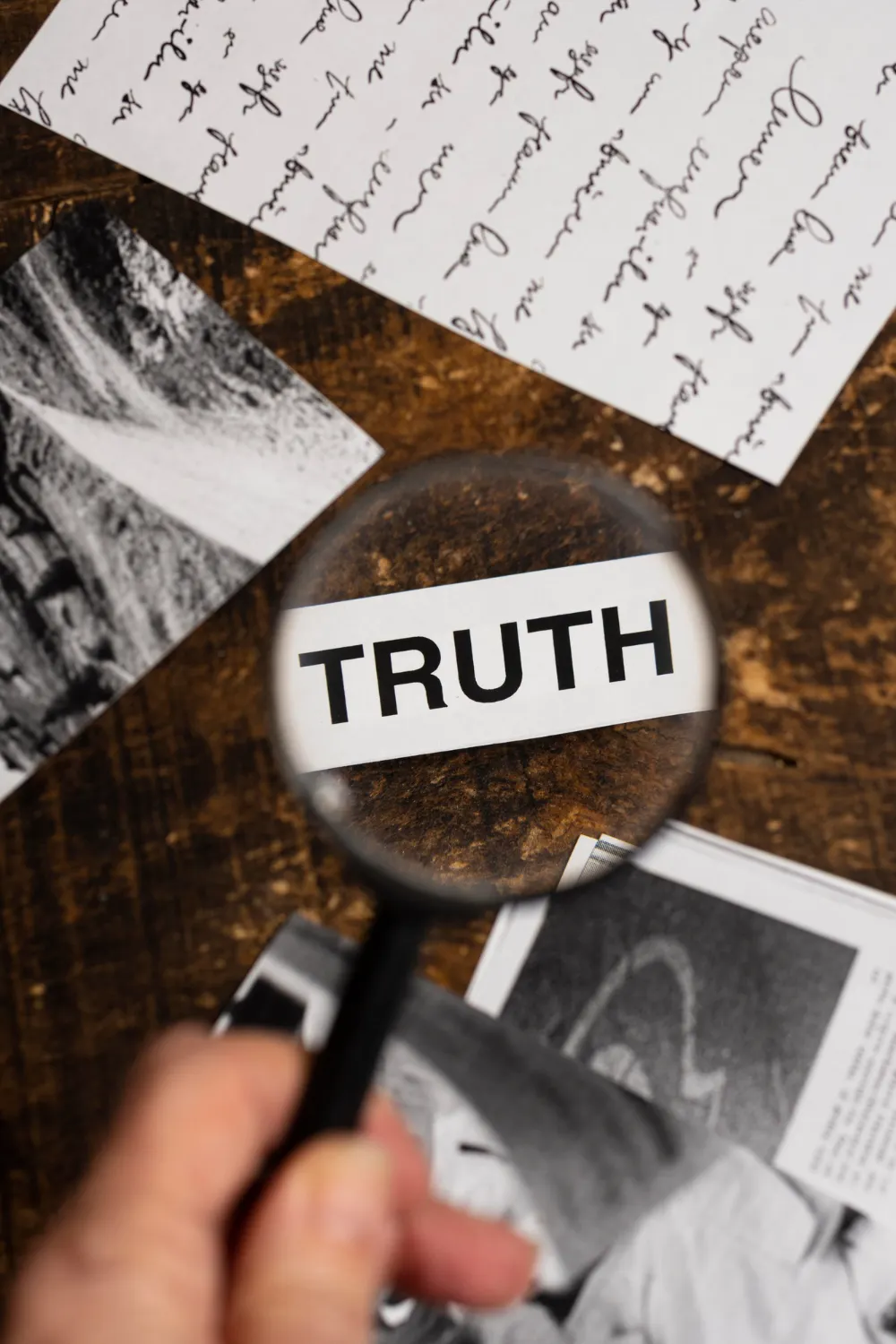
Engaging with Conspiracy Theories
A conspiracy theory is a belief or explanation that suggests that events or situations are the result of a secret, often sinister, plot by a group of people or organizations. These theories often rely on limited or misleading evidence and tend to reject mainstream explanations in favor of alternative, often more sensational, narratives.
While some conspiracy theories may be based on genuine skepticism or distrust of authority, they can also be fueled by misinformation, mistrust, and a desire to make sense of complex or unsettling events.
In this age of information abundance, it's no surprise that conspiracy theories have gained traction. They seem to sprout up like weeds in the garden of our digital world. When faced with a believer in such theories, it's essential to approach the situation with a blend of empathy and open-mindedness.
Begin by listening. Ask questions about their perspective and seek to understand their viewpoint. This doesn't mean you have to agree, but it lays the foundation for a respectful dialogue. Remember, many individuals who believe in conspiracy theories do so because they feel disenfranchised or distrustful of mainstream information sources.
As you listen, refrain from dismissing their beliefs outright. Instead, gently introduce alternative perspectives or credible sources of information. Share your own viewpoint, but do so without a tone of condescension. A non-confrontational approach encourages a more receptive conversation.
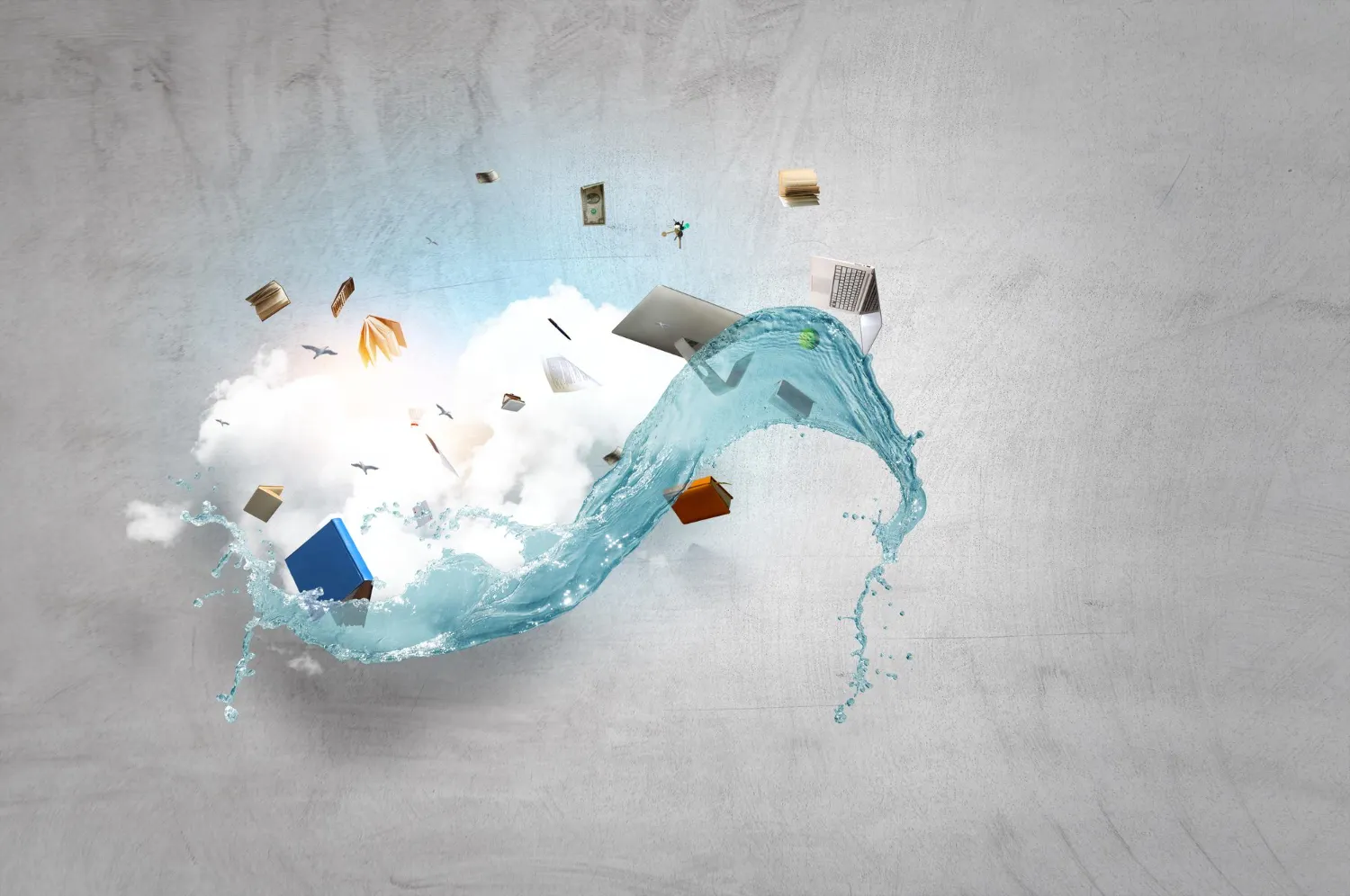
Drowning in the Sea of Information
The internet is a treasure trove of information, but it's also a breeding ground for misinformation and disinformation. Navigating this sea requires a discerning eye. Start by checking the source. Is it a reputable news outlet, a well-known research institution, or an established expert in the field? Avoid falling into the trap of echo chambers, where information is repeatedly confirmed within a closed network.
Fact-checking is another crucial skill in today's information landscape. Multiple reputable fact-checking websites can help verify the accuracy of claims. Remember, a single, obscure website making a bold claim should raise your skepticism.
Furthermore, consider the context. Misinformation often takes quotes or data out of context to support a particular narrative. Delve deeper into the source material to gain a comprehensive understanding.
The Balancing Act: Curiosity and Skepticism
Balancing curiosity with skepticism is an art. Curiosity opens the door to new ideas and perspectives, while skepticism acts as a filter to separate fact from fiction. Finding this equilibrium allows for a more nuanced understanding of the world around us.
Consider the example of a new scientific discovery. Curiosity drives us to explore its implications and applications. Skepticism, on the other hand, prompts us to scrutinize the research methodology and verify its legitimacy. This dynamic tension ensures that we neither blindly accept nor outright reject information.
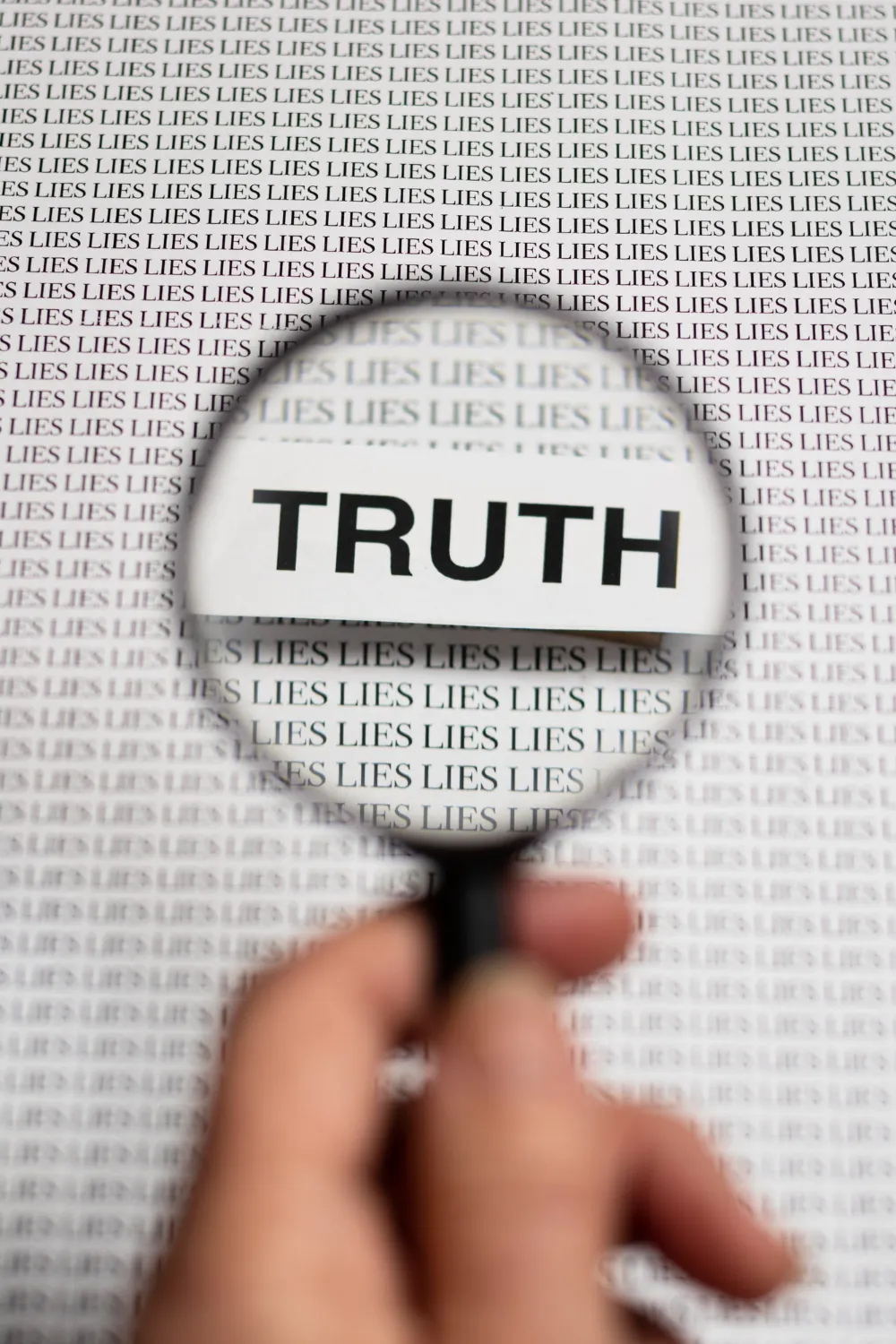
Trusting Your Instincts
In the pursuit of truth, intuition plays a pivotal role. There are times when the facts may not align, but a gut feeling signals that something isn't quite right. Trusting your instincts doesn't mean dismissing evidence, but rather recognizing when further investigation is warranted.
Think back to moments in your life when your intuition served you well. Perhaps it was a decision that didn't logically add up at the time but ultimately led to a positive outcome. Our instincts often pick up on subtle cues and patterns that our conscious mind may overlook.
Empowering Others Through Conversations
Engaging in conversations about conspiracy theories is an opportunity to bridge gaps and foster understanding. Keep in mind that changing someone's belief is rarely an immediate outcome. The goal is to plant seeds of critical thinking and encourage a more discerning approach to information.
Frame your points in a way that invites reflection. Pose questions that prompt deeper consideration. Offer additional resources or alternative viewpoints for their consideration. Remember, it's not about winning an argument, but rather about sowing seeds of doubt in the face of unfounded beliefs.
It's Okay to Evolve Your Perspective
In the journey of seeking truth, it's vital to acknowledge that knowledge is a dynamic, ever-evolving entity. What we once held as irrefutable truths may shift as we gain deeper insights and more comprehensive information.
Consider the paradigms of the past. Smoking was once marketed as a relaxation aid, and milk was championed as the ultimate bone-strengthening elixir. Similarly, the prevailing notion was that sugar was a superior source of energy compared to complex carbohydrates. Yet, with advancing research and a deeper understanding of human physiology, these beliefs have evolved.
This serves as a poignant reminder that being receptive to new information is not a sign of flip-flopping, but rather a testament to our ability to grow and adapt. It's a mark of intellectual honesty and a commitment to aligning our beliefs with the most current and reliable knowledge available.
So, as you navigate the vast sea of information, do so with the understanding that what we know today may be refined or revolutionized tomorrow. Embrace the opportunity to refine your perspectives based on the latest evidence and insights. This willingness to change is not a sign of inconsistency, but rather a celebration of our capacity for growth and learning.
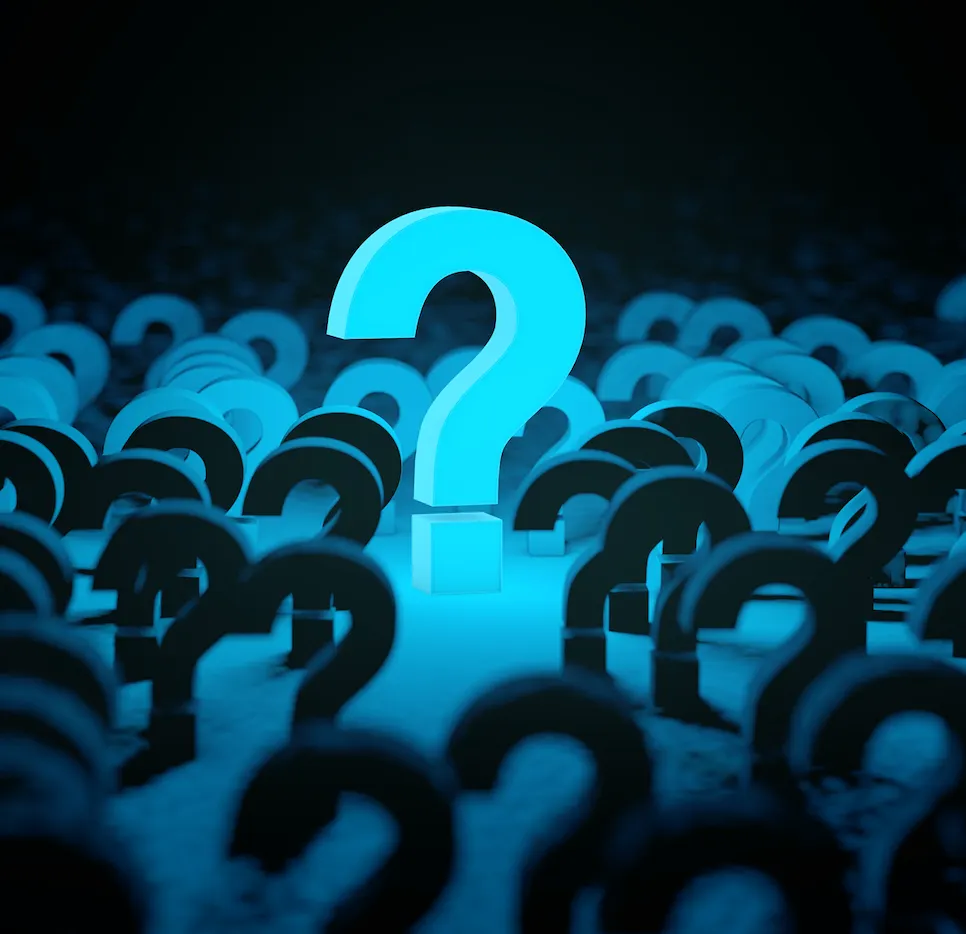
Questions for Questioning
Below You will find a list of questions you can use to investigate and question. By applying these questions, you can approach information with a critical mindset, ensuring that you're better equipped to discern truth from misinformation. Remember, questioning is a powerful tool in navigating the vast sea of information we encounter in today's world.
What is the source of this information? Understanding the origin of information helps gauge its reliability and potential biases.
Is the source reputable and well-established? Established sources with a track record of accuracy are generally more reliable.
Are there alternative sources corroborating this information? Cross-referencing information from multiple reputable sources enhances its credibility.
What evidence supports this claim? Solid evidence should back up any significant assertion or statement.
Are there any conflicts of interest or biases at play? Consider the motivations or potential agendas of those providing or promoting the information.
Has this information been fact-checked by credible sources? Verify the accuracy of claims through reputable fact-checking organizations.
What is the context of this information? Understanding the broader context can prevent misinterpretation or manipulation.
Are experts or authorities in the field endorsing this information? Expert consensus can lend credibility to a piece of information.
Does this information align with established scientific knowledge? Ensure that the information is consistent with widely accepted scientific principles.
Is there a diversity of perspectives represented in this information? Consider viewpoints from various experts or stakeholders for a comprehensive understanding.
What are the potential consequences or implications if this information is accurate or inaccurate? Evaluating the potential impact helps assess the significance of the information.
Could there be any logical fallacies or errors in reasoning in this information? Identify and address any flaws in the argumentation or presentation of the information.
Does this information appeal to emotions or rely on sensationalism? Emotional manipulation can be a sign of misleading or biased information.
Have there been retractions or corrections made to this information? Being aware of any retractions or corrections indicates transparency and accountability.
What is the broader consensus among experts on this topic? Understanding the prevailing expert opinion provides valuable context.
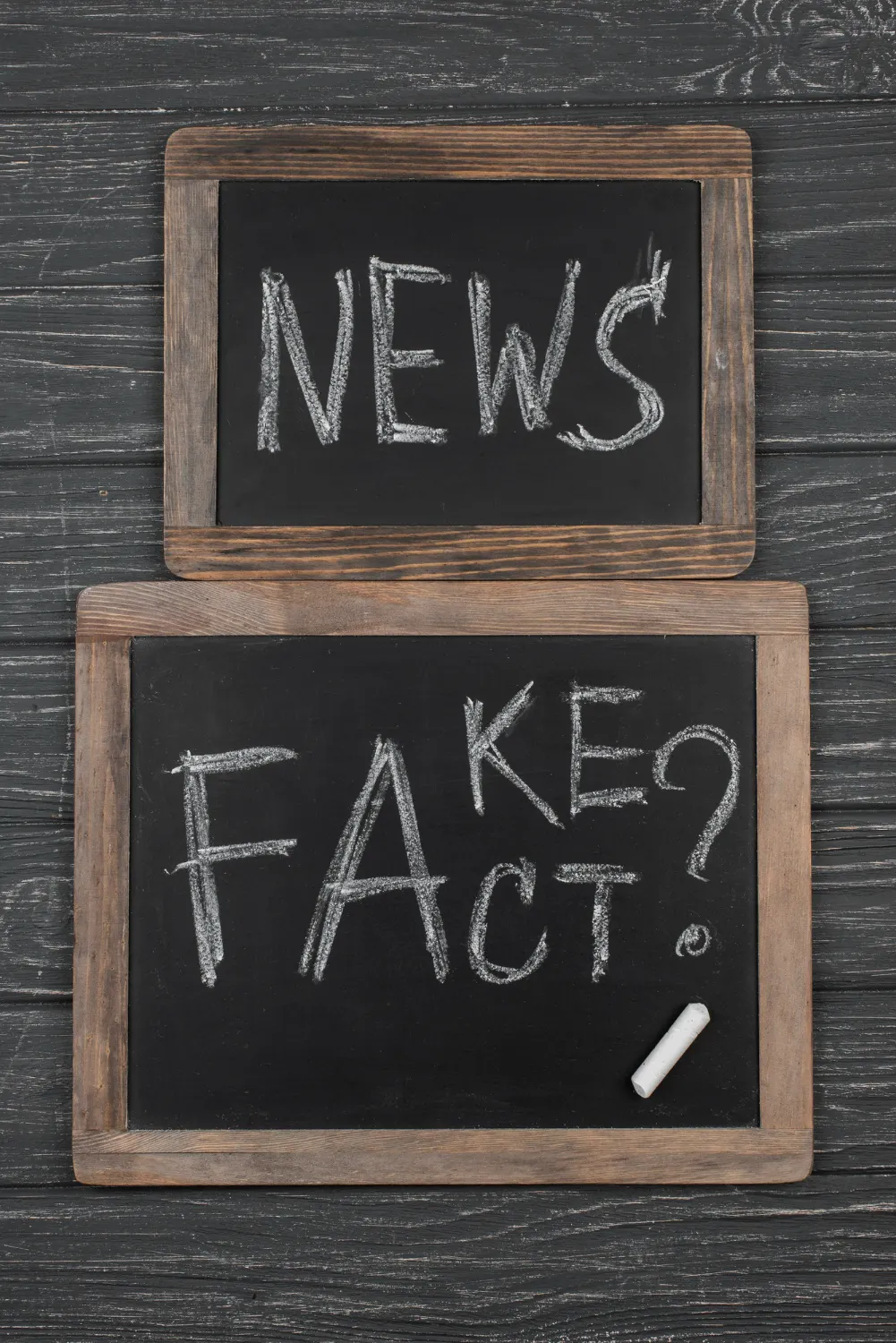
Fact-Checking Resources
The organizations below are known for their rigorous fact-checking processes and commitment to providing accurate and unbiased information. They often investigate a wide range of topics, including politics, health, science, and current events. It's always a good practice to cross-reference information from multiple reputable fact-checking sources to ensure the highest level of accuracy.
1. Snopes
3. PolitiFact
5. The Washington Post Fact Checker
7. The Associated Press Fact Check
8. OpenSecrets.org (for political campaign finance)
And Finally
As we navigate the boundless sea of information in this age of enlightenment, the art of questioning emerges as a beacon of clarity. Through the wisdom of philosophers like Plato, Aristotle, and Nietzsche, (see below) we're reminded that inquiry is not only a powerful tool but a fundamental aspect of human consciousness.
As humans we are beckoned to venture into the depths of our beliefs, to challenge the norms that shape our world. To scrutinize the very fabric of knowledge, and gently guide us towards authentic encounters with others.
Armed with this newfound understanding, you possess the capacity to become your own Sherlock Holmes. When faced with information that unsettles, investigate. Trust the instincts that guide you. Be open to the evolution of your views, for the journey toward truth is marked by curiosity and the courage to embrace change.
Let this be your invitation to embark on a quest for deeper understanding. When you encounter information that stirs a sense of unease, remember the power of questioning. Challenge assumptions, seek diverse perspectives, and follow the path that leads you closer to the heart of truth. In doing so, you not only enrich your own journey but contribute to the collective pursuit of wisdom and enlightenment.
[Contact]
The Art of Questions Further Reading
If you have enjoyed the concept of this post you may be interested in reading at a deeper level. Below is a diverse and thought-provoking list of books that touch on the art of questioning from various perspectives. Each of these works delves into questions about reality, ethics, existence, and the nature of knowledge.
These thinkers have profoundly shaped the landscape of philosophical inquiry, challenging conventional wisdom and prompting readers to engage in deep introspection and critical questioning. Their contributions continue to inspire contemporary philosophical discourse, inviting us to grapple with fundamental questions about existence, morality, and the nature of reality.
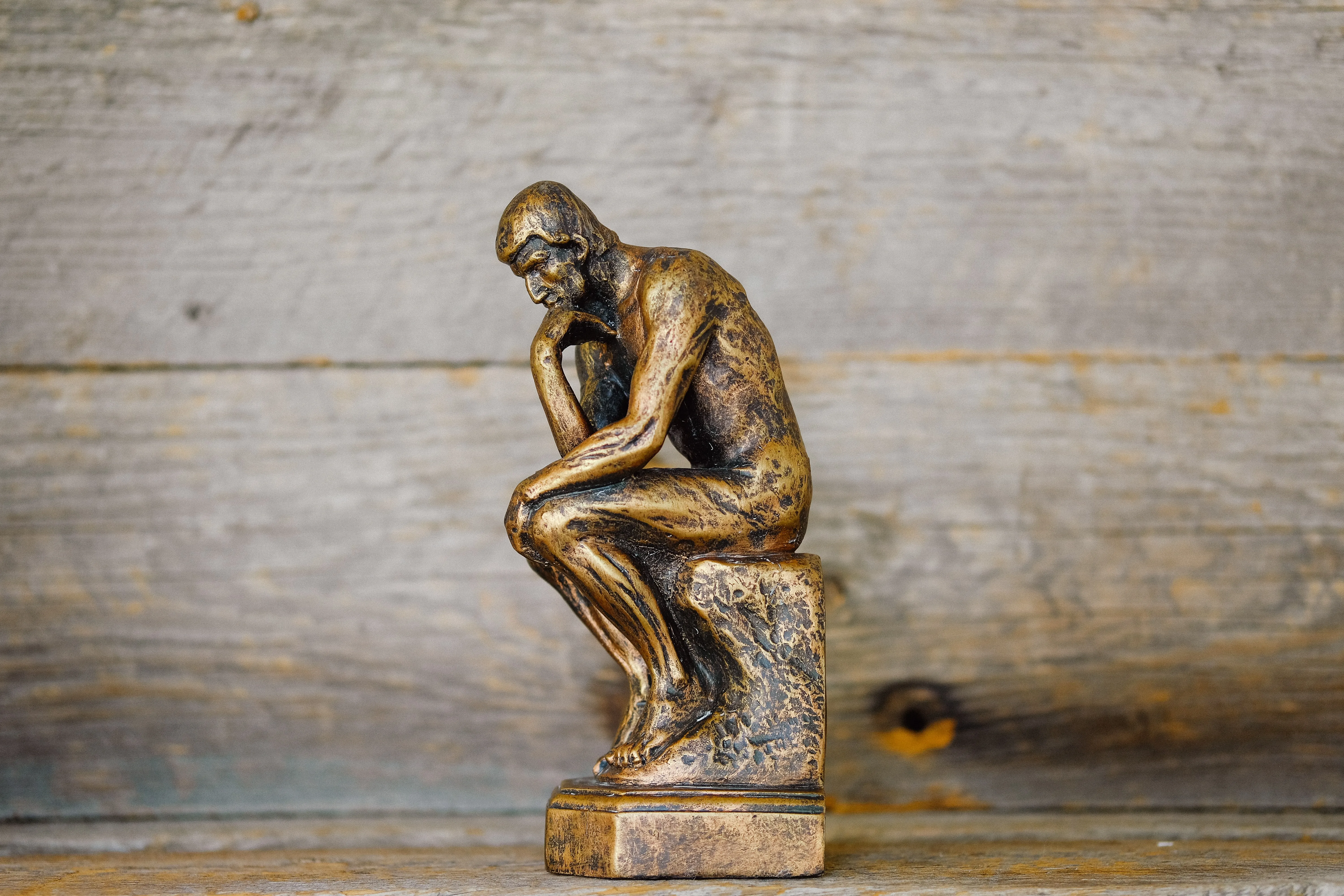
Aristotle’s Nichomachean Ethics - Aristotle delves into questions of virtue, morality, and the nature of the good life. His exploration of ethics provides valuable insights into how we should live and what constitutes a flourishing existence.
Simone de Beauvoir - A prominent existentialist philosopher and feminist thinker, de Beauvoir's seminal work, "The Second Sex," interrogates the construction of gender and the implications of patriarchy. Her writings on existential ethics, freedom, and responsibility, particularly in "The Ethics of Ambiguity," invite readers to question societal norms and consider the complexities of individual agency and moral choice.
Berkeley’s Three Dialogues between Hylas and Philonous - Berkeley's work challenges our understanding of reality and existence, proposing that the only things that truly exist are minds and their ideas.
Martin Buber - Buber's philosophy, notably expounded in "I and Thou," explores the nature of relationships and encounters between individuals and the world. He distinguishes between an "I-It" mode of relating, which objectifies others, and an "I-Thou" mode, characterized by genuine, reciprocal engagement. Buber's ideas prompt reflections on the nature of human connection, empathy, and our responsibilities to one another.
Harris’ Free Will - In this work, Sam Harris questions the concept of free will, arguing for a deterministic view of human behavior. It's a thought-provoking exploration of the nature of choice and agency.
Heidegger’s The Question Concerning Technology - Heidegger explores the essence of technology and its impact on human existence. This work prompts profound reflections on the relationship between humanity, technology, and the world.
Hofstadter’s Gödel Escher Bach - This interdisciplinary masterpiece delves into the nature of intelligence, consciousness, and the nature of meaning. It employs mathematical, artistic, and musical concepts to explore fundamental questions.
Immanuel Kant - Kant's influence on modern philosophy is immense, particularly in the realms of epistemology and ethics. In works like "Critique of Pure Reason" and "Groundwork for the Metaphysics of Morals," he posed foundational questions about the nature of knowledge, the limits of human understanding, and the principles of morality. Kant's categorical imperative prompts a rigorous examination of the ethical implications of our actions.
Søren Kierkegaard - Kierkegaard, often regarded as the father of existentialism, emphasized the subjective experience of individual existence. His writings, including "Fear and Trembling" and "The Sickness Unto Death," delve into the nature of faith, despair, and the search for authentic selfhood. Kierkegaard's works challenge conventional religious and ethical norms, encouraging readers to grapple with the complexities of personal belief and existence.
Ramana Maharshi’s Be As You Are - Maharshi's teachings focus on self-inquiry and the quest for self-realization. This book encourages readers to question the nature of the self and the nature of reality.
Friedrich Nietzsche - Nietzsche's provocative and often controversial writings, such as "Thus Spoke Zarathustra" and "Beyond Good and Evil," challenge established moral and philosophical systems. He famously declared the death of God, questioning traditional religious and moral foundations. Nietzsche's exploration of the will to power and the eternal recurrence encourages readers to confront existential dilemmas and reevaluate conventional values.
Sand Talk by Tyson Yunkaporta - This book offers an Indigenous Australian perspective on knowledge, wisdom, and interconnectedness. Tyson Yunkaporta's insights prompt reflections on our relationship with the natural world.
Plato’s Republic - This foundational work in Western philosophy explores the nature of justice, the ideal state, and the role of the philosopher-king. It includes the famous Allegory of the Cave, which prompts deep reflections on reality and knowledge.
Weber’s Evolving Beyond Thought - This book challenges conventional thinking and explores the potential for human evolution beyond current limitations. It invites readers to question assumptions about the nature of consciousness.

